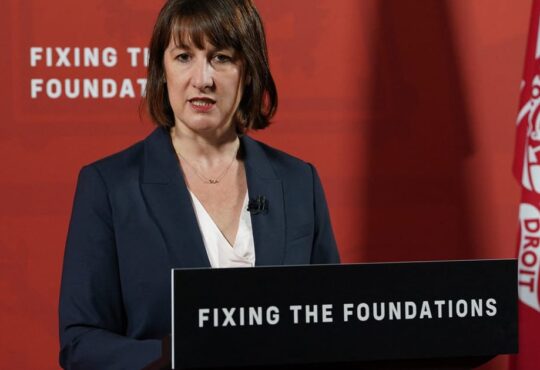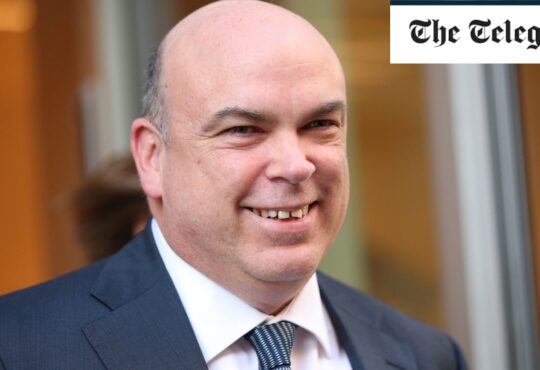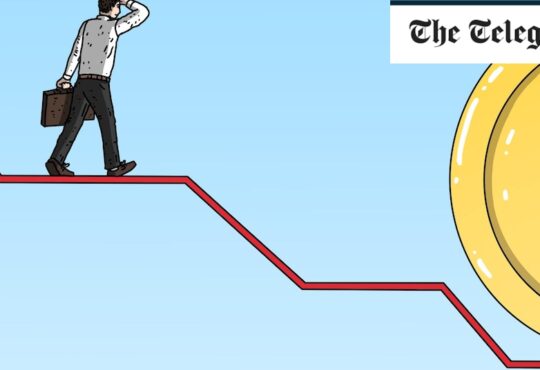
In order to build up £30,000 of stop-gap cash to cover an early retirement at 57, a 46-year-old would now need to start putting aside about £111 a month. This would have to be invested and achieve an annual return of 5pc to make up the required funds.
Alice Guy, of Interactive Investor, said finding the additional money would make it harder for younger workers to achieve their early retirement dreams.
She said: “Changing your retirement plans isn’t always easy – people set their heart on a certain retirement date and press on with that date in mind.” She added that changing the private pension minimum age to 58 would not give savers long to “adjust their plans or invest on the basis of the new rules”.
A worker targeting a more comfortable lifestyle in retirement would need an extra £48,790 to cover an extra year in retirement, the broker estimated. That would include more luxuries such as three weeks holiday in Europe each year, and replacing the kitchen and bathroom every 10 to 15 years. To reach that figure through investing, they would need to commit about £38,280 over the course of the next 11 years into an Isa – or £290 per month.
Ms Guy added that the higher private pension age could also affect workers who were not aiming for an early retirement, but were relying on their ability to withdraw a tax-free lump sum from their pension. Under current rules, when someone reaches the age of 55 they can take 25pc of the value of their pension without paying any tax.
“There is a risk that many people will struggle financially and find it takes longer to clear debts when the pension access age goes up,” she said. “For example, someone with a £200,000 pension pot might plan to use their tax-free freedom and draw £50,000 to pay off their mortgage at 55. But the same person could end up paying thousands in extra mortgage interest if they are not able to access the cash until the age of 58 – assuming a 5pc interest rate.”
She added: “There’s a danger that continual tinkering with the system and pushing back when we can dip into our pensions will put people off saving.”
It comes after large numbers of over-55s took early retirement during the pandemic. This spiked in the summer of 2021, but has since fallen back as the cost of living bites.
The Chancellor wants more of this cohort to return to the workforce to boost the economy.
But many of this group face a tax trap if they go back to work, thanks to yet another quirk of the pensions system.






